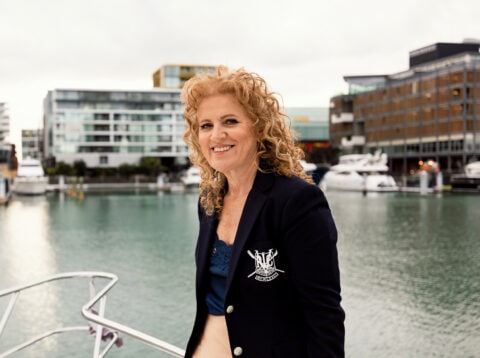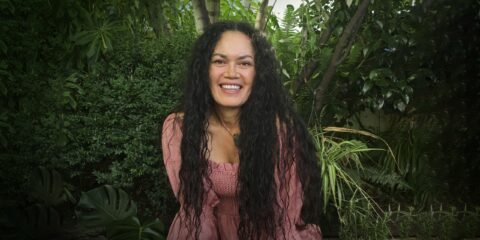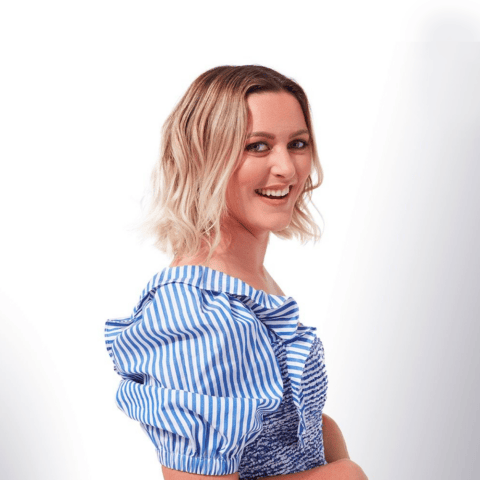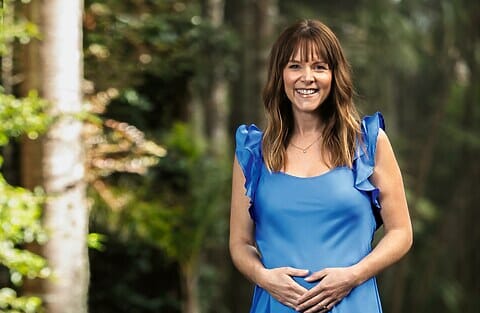For a long time — as in over 2000 years — it was widely believed that our brains lost the ability to grow or improve past a certain age.
Experts agreed that as children and adolescents, humans had the potential to develop our brains through learning and experiences, but that at some point in our twenties we would fully mature, losing the ability. Wherever our brains were developmentally, that was it – the absolute peak. From there on out, it was a short plateau followed by a slow yet grim neurological decline.
We’re happy to report that this bleak view of the aging brain has been upended by more recent research. For the last decade, a growing body of scientific and clinical evidence shows that our brains do have the ability to develop and grow well past our 20s — through a process called neuroplasticity— but to do so, we need to keep our little grey cells active. It’s been found that the right kind of physical and mental activity can improve cognitive functioning, create new brain cells, and literally reshape our brains.
According to Dr. John N. Morris, director of social and health policy research at the Harvard-affiliated Institute for Aging Research:
“Learning is great for your brain at every age, as you take on a new skill, the mind begins to reshape itself because the physical brain is malleable. so you have fewer fear responses and a more positive mindset.”
He emphasizes that the most beneficial kind of learning is not a one-off deal:
“Embracing a new activity that also forces you to think and learn and requires ongoing practice can be one of the best ways to keep the brain healthy.”
Of course a healthy brain is something we all want, and knowledge is something most of us crave. There’s really no downside to learning…but you know how it is, WE’RE BUSY! Even with the best of intentions, continuous and persistent learning isn’t just a choice. To be maintained, learning must become a habit, otherwise it risks getting pushed to the back burner.
So, with our brain cells hanging in the balance (are the stakes high enough for you?), we’ve put together a guide for developing and maintaining a lifelong learning habit.
To Cultivate A Habit Of Learning:
1. Ask yourself: What’s in it for me?
What do you hope to gain through continued education? Maybe you’re looking to boost your CV, master a particular subject, improve your health or just sound smarter at parties? There are no wrong answers! Articulating your desired outcome will give you direction on which subjects and activities to pursue.
2. Consider Your Learning Style.
Everyone learns differently – and that’s awesome! One of the best aspects of adult continuing education is the huge range of options. There’s something out there for everyone. If you learn by watching, sign up for a video-based class. More of a hands-on type?, find an in-person studio course. Maybe you’re looking for a semester-long deep-dive or just a one-off. Do what works for you.
3. Choose The Right Activity
From a brain-training point of view, no subject is better than any other. Feel free to pursue whatever you’re into. But in order to make the most of neuroplasticity, the activity needs to be:
- Challenging. Your brain needs a challenge in order to develop new neural pathways. New and novel situations will stimulate your brain to try new ways of thinking and problem solving.
- Complex. More complex activities tend to be deeply engaging while forcing your brain to work through specific concepts and thought processes.
- Consistent. Your brain, just like your bicep, responds well to reps. Incorporating a challenge into your regular routine forces your brain to respond by beefing up neurons and connections. As our Dr. Morris says, “Practice makes permanent.”
4. Set Goals
There’s a million ways to approach this, literally. The internet is absolutely chock-full of advice on goal setting and management – with methods ranging from analog journals to apps, digital alarms and reminders. We’re not here to recommend any particular approach – it’s really about what works for you. No matter the mode, they all seem to boil down to these three elements:
- A long term objective (e.g., Read all 18 novels by Margaret Atwood in 2023)
- A breakdown of tasks and habits required to achieve the objective. (e.g., Reserve books at the library, get a good reading light, read for 30 minutes a day)
- A method of tracking progress and a system of punishment and reward.
Setting goals and sticking to a plan will turn a desire to improve learning into a concrete set of actions.
5. Find A Learning Community
This can be a class, a club, an online group or a buddy. The point is to keep you committed and accountable. It could also make learning more fun.
6. Focus
Brain-training requires deep concentration, so ditch the distractions of your phone, email and everything else. Give yourself the gift of uninterrupted time for learning. This will require a bit of pre-planning and a ton of self-control, but it will be worth it.
7. Make the Most of Technology
Where appropriate, use technology to enhance and facilitate learning. Online courses cater to any and all interests, time-frames and levels. Massive Open Online Courses (MOOCs) allow you to learn from some of the world’s most venerable institutions and brilliant people. Virtual book clubs are becoming the norm. And in a very practical sense – using audiobooks, e-readers, and other tools can make it possible to learn anywhere at any time. Combine these tools with apps that track your habits, and technology can be an essential component of your learning.
And Remember: take a compassionate approach. Learning a new skill is supposed to be something positive in your life. While it may feel challenging, especially at the beginning, it’s important to take a compassionate approach. You don’t have to do it perfectly; just be open and receptive!
This article was written by Hannah Moritz and shared through our submissions portal. If you would like to submit your articles to us for consideration, please send to [email protected]. We welcome engaging, topical and inspiring content to help us elevate the voice of kiwi women.








